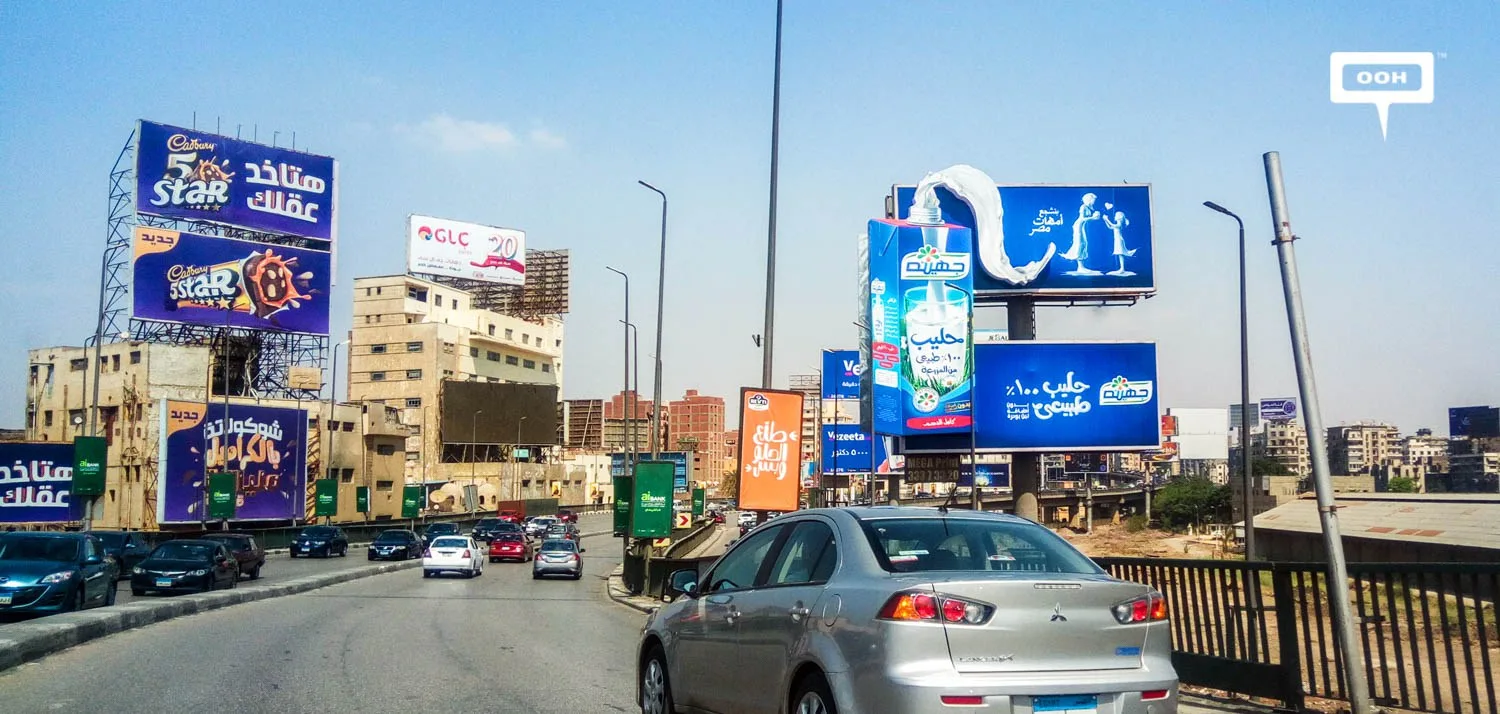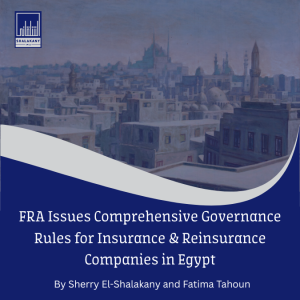In recent years, Egypt has been keen to update the regulations of advertisements on public roads. In 2020, the government took material steps to this effect, whereby the Public Roads Advertisements Law No. 208 for 2020 (the “Law”) was enacted to set the general requirements for advertising on public roads and the sanctions for non-compliance and replace the previous Advertisements Law No. 66 for 1956.
On 14 March 2022 and 20 April 2022, the Prime Minister issued Decrees No. 990 for 2022 issuing the executive regulations of the Law (the “Executive Regulations”) and Decree No. 1440 for 2022 setting up the National Agency for Advertisements on Public Roads (the “Agency”). The said decrees set in place the licensing process details and designate the Agency as the competent regulatory body for this purpose. The decrees were published respectively in the Official Gazette on 14 March 2022 and 20 April 2022, and came into force respectively on 15 March 2022 and 21 April 2022.
We shall delve into the key highlights of the decrees as follows:
Key highlights of the decrees
Role of the Agency
Decree No. 1440 for 2022 designates the Agency as the regulator tasked with, among other things:
-
- Preserving the homogeneity and beauty of the urban layout and protecting public order when installing advertisements;
- Regulating the license fee for installing or renewing advertisements on public roads;
- Setting in place the maintenance standards for all boards and advertisements;
- Determining the cases exempted from acquiring a license as per the Law; and
- Determining the rules and requirements incentivizing the use of renewable energy when applying for an advertisement license.
Licensing procedures
According to the Executive Regulations, all licensing applications are submitted to the Agency whether physically or via its digital platform. The application should be supported by, among other things: the advertisement’s design, materials and infrastructure details, as well as the deed of possession of the site on which the advertisement will be installed.
In case several applications are submitted for the same location, a comparison points system shall be implemented by the Agency for determining the best application, taking into consideration granting additional points for the use of renewable energy sources or use of low energy consuming light sources. In case a decision cannot be made due to achieving similar scores, the location can be subject to an auction process.
The license is granted for a period not exceeding three years, which can be renewable to similar periods provided that the applicant submits a renewal request at least sixty days prior to the lapse of such period.
Sanctions for non-compliance under the Executive Regulations
Should the advertisement breach the standards set by the Law or the Executive Regulations, the Agency shall report such deviation to the competent police station and follow up in relation to the procedures of the report until the issuance of a court ruling.
Once a court ruling confirms the breach, the licensee must remove the advertisement within the period determined in the ruling. In the event of non-compliance, the advertisement shall be removed at the expense of the licensee. The licensee is entitled in this case to claim the removed advertisement within one month from the date it is notified of the removal. If such claim does not occur, the materials of the advertisement can be sold in order to recuperate the expenses disbursed for the removal.
The Agency (or the other competent administrative authorities such as the Ministry of Defense in case of advertisements within areas of strategic military significance) has the power, without obtaining a court ruling, to remove the advertisement should it jeopardize the safety of the public road users and private properties, or hinder traffic flow.



